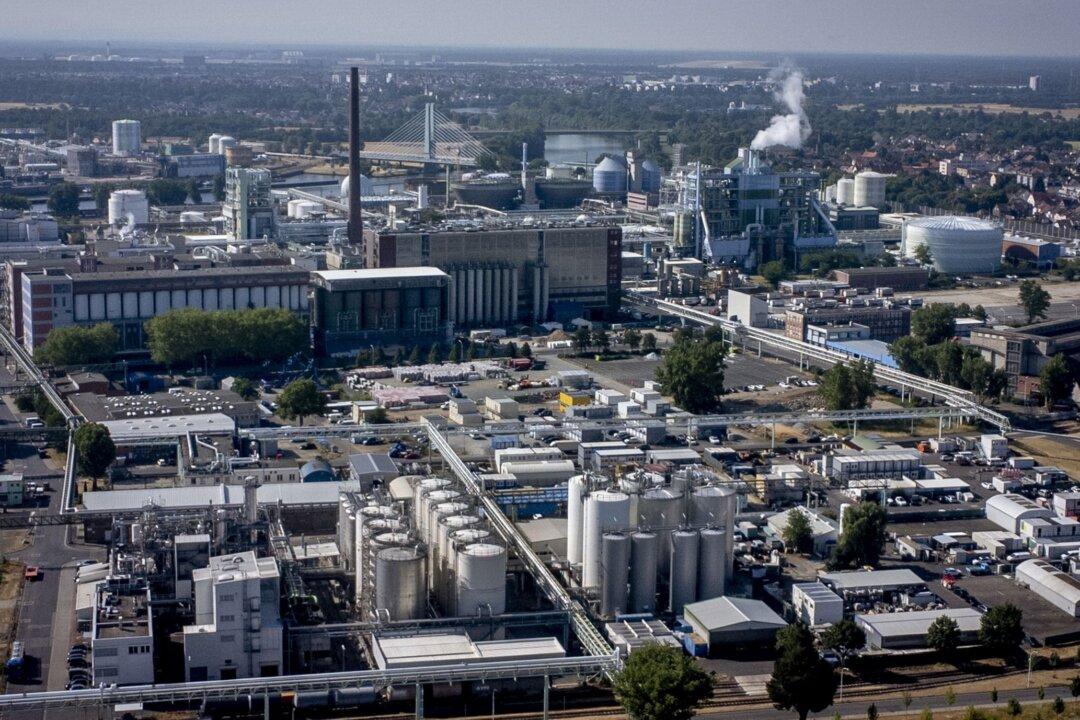European benchmark energy prices have plunged by nearly half over the last three days, after news that European Union (EU) policymakers will intervene in an attempt to ease natural gas shortages.
German 12-month energy futures on the European Energy Exchange fell as much as 54 percent from their peak at the beginning of the week, from €1,000 per megawatt-hour to as low as €486 per megawatt-hour on Sept. 1.





